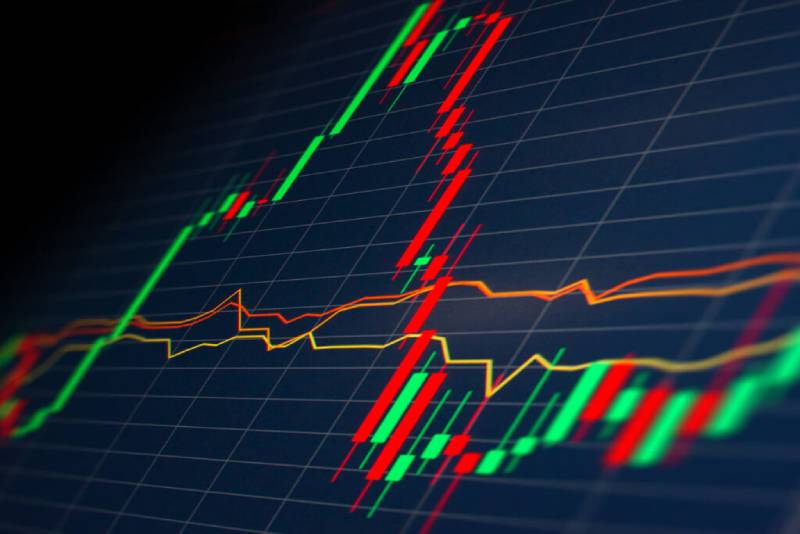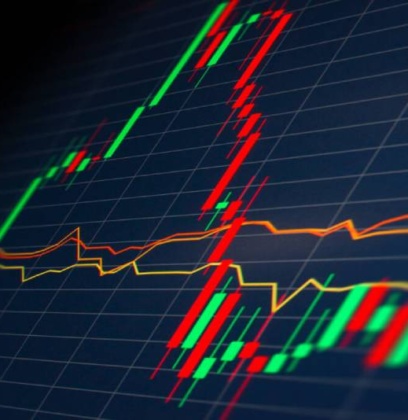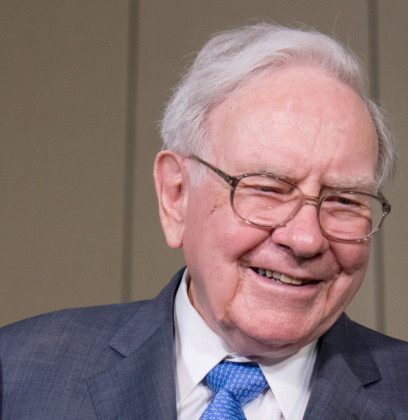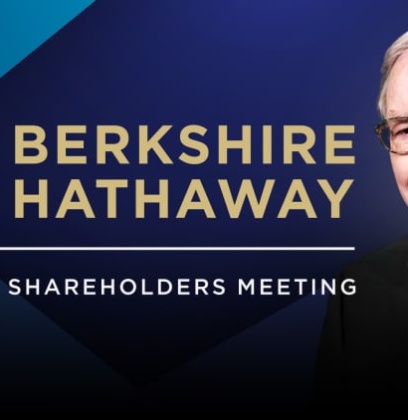
For decades, investors and experts have debated which investment option offers the better result. Buffet’s conglomerate Berkshire Hathaway consists of nearly 50 stocks and ETFs, while the S&P 500 tracks the largest 500 publicly traded companies in the US.
Both of them are popular investment choices, but is Berkshire Hathaway better than the S&P 500? We at Global Masters Fund believe so. In this article, we’ll show you their fundamental differences.
Historical Performance
To start, we must first turn our attention to each option’s performance history. Warren Buffet’s value investing strategy has driven Berkshire Hathway’s success, which, according to its shareholder letters, resulted in an annual compounded return of 20.1% between 1965 and 2022. The S&P 500, on the other hand, accrued a 10.5% return over the same period, inclusive of dividends.
There’s no doubt that both powerhouses have achieved commendable investment success. However, Buffet’s ability to not only maintain but significantly grow the Berkshire portfolio despite decades of economic downturn and market volatility is why we trust BRK over the S&P 500.
Investment Philosophy
While both are high performers, Berkshire Hathaway and the S&P 500 have varied investment philosophies. The S&P 500 is a market-capitalisation-weighted index, meaning larger corporations play a bigger role in its overall performance. Berkshire Hathaway, however, operates through a portfolio of specific subsidiaries and stakes in selected public-traded companies, largely at Warren Buffett’s discretion and his strategy of identifying businesses with a focus on long-term capital appreciation.
Here’s why Global Masters Fund supports this approach.
Investment Control
Focus on Long-term Growth
Diversification Strategy
While the S&P 500 provides broad market exposure, investing in Berkshire Hathaway allows for a more curated portfolio, which appeals to LICs like us seeking a unique diversification approach.
Risk & Volatility
Both portfolios are diverse. However, because the S&P 500 contains only large-cap stocks, it is more limited in its investment options. Another downside to S&P 500 investments is location. As it only holds shares in US companies, investors miss out on fruitful international opportunities. Berkshire Hathaway, however, has numerous offshore investments, providing its investors with greater diversification and return opportunities.
Another risk mitigation factor is Berkshire Hathaway’s treasury management. While an index fund linked to the S&P 500 will be fully invested at all times, BRK can strategically stockpile cash and deploy it at the most opportune times.
Berkshire Hathaway entered 2025 with a cash level of $325 billion USD. With plenty of money to withstand and maximise unexpected market crashes, BRK remains steadfast in its mission to buy stocks when everyone else is selling them and protecting shareholders from significant financial downturns.
Berkshire Hathaway vs. S&P 500: We Know Who We Choose
We don’t deny that the S&P 500 offers a valuable investment option. However, when it comes to our assets, we prefer to back the expertise of Warren Buffett and his team at Berkshire Hathaway. Reach out to your broker to learn more about how you can invest in Global Masters Fund. Alternatively, contact us, and we’ll be more than happy to provide you with the information you need.











